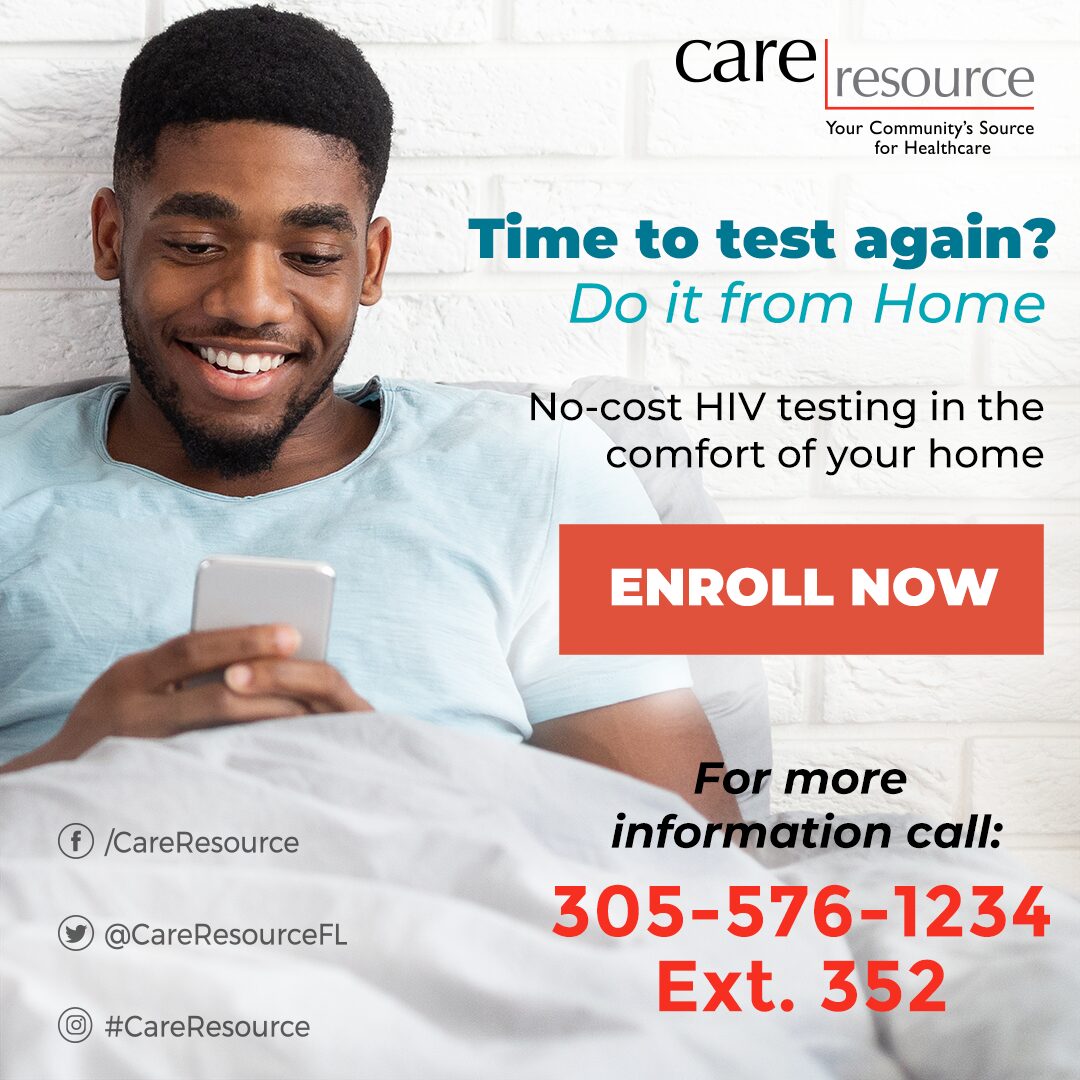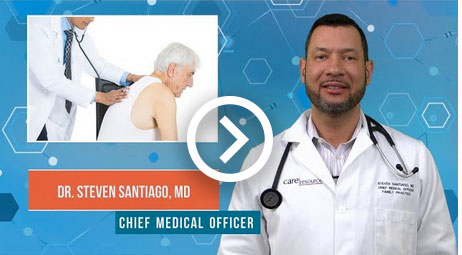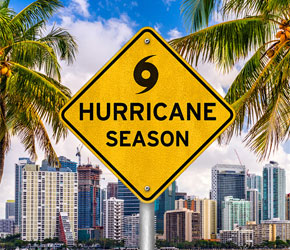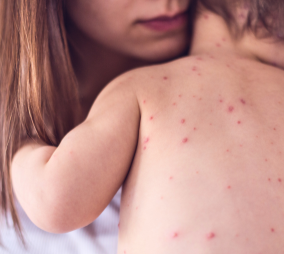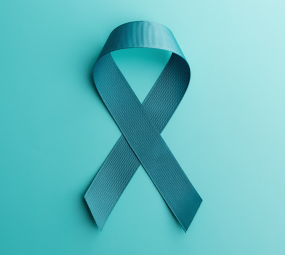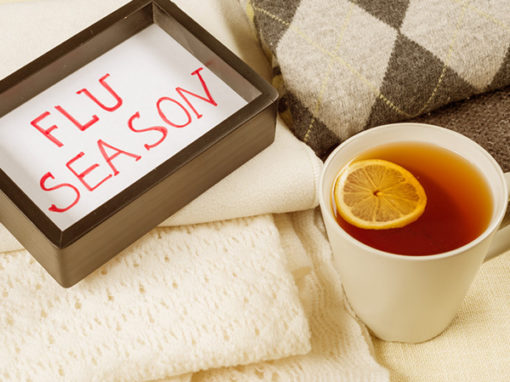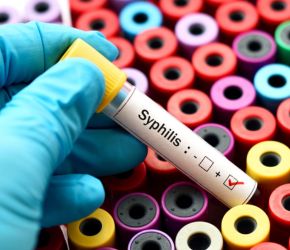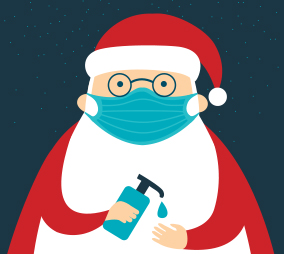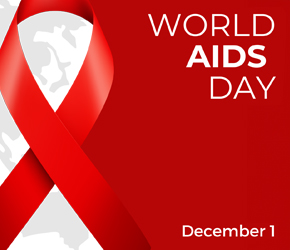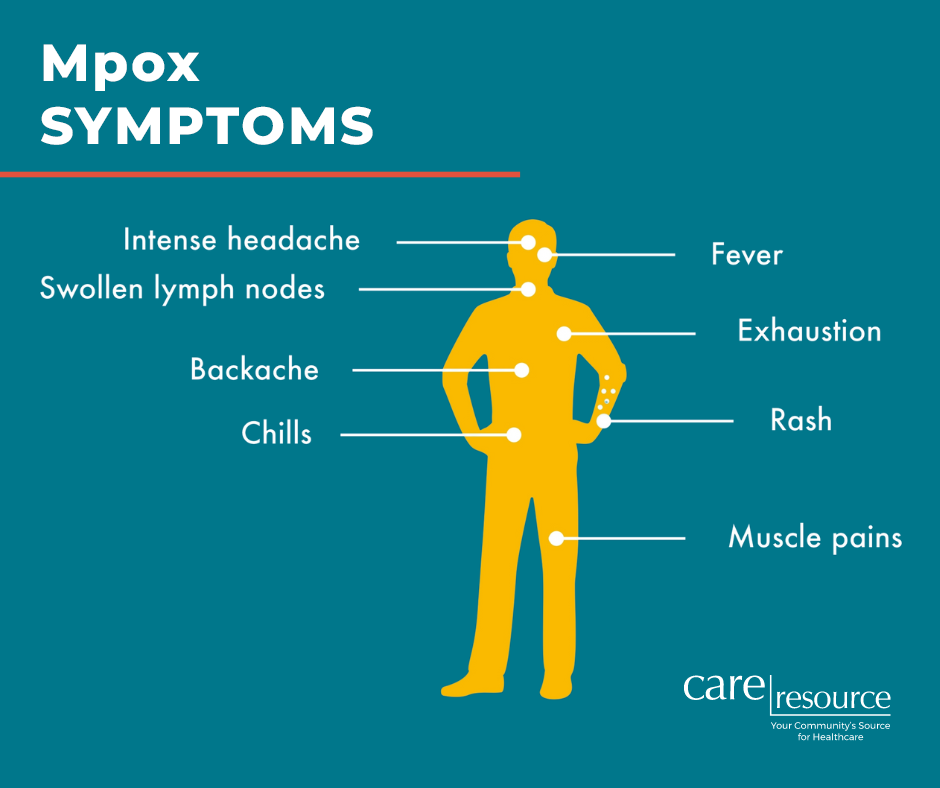
Mpox, previously known as monkeypox, is a serious illness that requires careful attention, especially in high-risk populations. Recent changes in CDC guidelines have shifted recommendations regarding the administration of vaccines and treatment.
Vaccination Guidance
As of June 2024, the CDC recommends the mpox vaccine primarily for individuals at high risk, particularly immunocompromised individuals, such as men who have sex with men and others with significant exposure risks.
Our healthcare providers are committed to following these guidelines, ensuring that those who need the vaccine most receive it. We encourage individuals who believe they are at risk to consult with our physicians to discuss their options.
For Mpox (previously known as Monkeypox) vaccination appointments at any Care Resource location, please call 305-576-1234. (English #470, Spanish #471, Creole #124)
Treatment Guidelines
Treatment for Mpox is also now recommended primarily for high-risk patients, such as those with weakened immune systems. This aligns with the general CDC guidance, which suggests treatment in select cases rather than broadly across the population.
At Care Resource, we are dedicated to protecting the health of our South Florida community. We remain vigilant in our response to the ongoing Mpox situation and are committed to providing the most up-to-date care in alignment with public health guidelines.
Get the vaccine if you:
- Are a gay, bisexual, or other same-gender loving man who has sex with men or are transgender, gender non-binary, or gender-diverse AND in the last six months you have had, or expect to have
- One or more sexually transmitted infections
- More than one sexual partner or anonymous sexual or intimate contact
- Sex at a commercial sex venue
- Sex in association with a large public event in a geographic area where mpox transmission is occurring
Get the vaccine if you:
- Have had sexual or intimate contact with a person who is at risk of mpox as described above
- Have had sexual or intimate contact with someone who may have mpox. Get vaccinated as soon as possible after exposure, regardless of your sexual or gender identity.
Get both doses of the vaccine:
Unless there is a medical reason you cannot get the vaccine, like a severe allergic reaction (such as anaphylaxis) after a previous dose or a severe allergic reaction to a vaccine component.
What is Mpox? (formerly known as Monkeypox)
Mpox is a disease caused by infection with a virus, known as Mpox virus. This virus is part of the same family as the virus that causes smallpox. Mpox can spread to anyone through close, personal, often skin-to-skin contact. In fact, a rave, party, or club with minimal clothing and direct, personal, often skin-to-skin contact has some risk.
“Human-to-human transmission of Mpox occurs by direct contact with lesion material or from exposure to respiratory secretions. Reports of human-to-human transmission describe close contact with an infectious person. Transmission in healthcare settings has been rarely described. Transmission of Mpox requires prolonged close contact with a symptomatic individual.” Steven Santiago, MD, Chief Medical Officer.
Some Mpox symptoms include a fever, headache, muscle aches and backache, swollen lymph nodes, chills, or exhaustion. Within 1-3 days of these symptoms beginning, people develop a rash or sores. Mpox can be spread from the time symptoms start until all sores, including scabs, have healed and a fresh layer of skin has formed.
“To help reduce the spread of Mpox, it is important to practice good hand hygiene and use appropriate personal protective equipment to protect household members if ill or caring for ill persons at home. If one has a new or unexplained rash, sores, or other symptoms, it is important that they avoid sex or being intimate with anyone until they have been checked out by their Care Resource provider.” Sheryl Zayas, MD, Medical Director.
More information about JYNNEOS:
JYNNEOS is the vaccine indicated for prevention of smallpox and Mpox in adults 18 years of age and older determined to be at high-risk for smallpox or Mpox infection. Two doses of JYNNEOS are required, as this is the only FDA-approved dosing regimen.
JYNNEOS has been evaluated in clinical studies involving people with HIV infection and atopic dermatitis and shown to be safe and effective in eliciting an immune response in these populations. People who receive JYNNEOS are considered to reach maximum immunity 14 days after their second dose (6 weeks from first dose). They should continue to take precautions against monkeypox during this time. JYNNEOS may be given as standard pre-exposure prophylaxis (PrEP) and post-exposure prophylaxis (PEP).
The JYNNEOS mpox vaccine is now covered under Medicare and Medicaid and is expected to be covered by private insurance for those eligible. The availability of vaccines may be limited due to the lack of supply. Please call or visit the organization’s website to determine service availability and hours of operation.
More information about MPX from the CDC:
- Infection Prevention and Control of Monkeypox in Healthcare Settings
- Information For Healthcare Professionals
About Care Resource:
Care Resource is a 501(c) (3) nonprofit organization and a Federally Qualified Health Center (FQHC) with four locations in Midtown Miami, Little Havana, Miami Beach, and Fort Lauderdale. The health center provides comprehensive health and support services to address the full health care needs of South Florida’s pediatric, adolescent, and adult populations.

